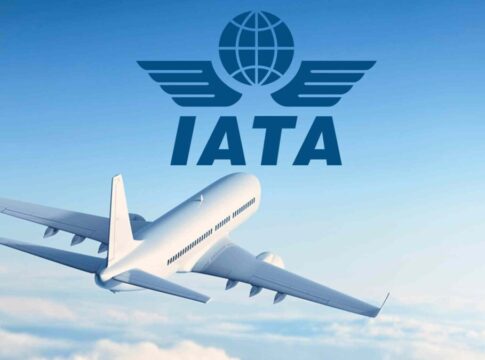The International Air Transport Association (IATA) has announced plans to embrace digital currencies within its financial settlement systems. This initiative aims to streamline transactions within the aviation industry, reflecting the growing global trend toward digital payment solutions.
Muhammad Albakri, IATA’s Senior Vice President for Financial Settlement and Distribution Services, emphasized the transformative impact of digitalization on everyday transactions, noting that integrating digital currencies is essential to meet evolving consumer demands. “Digitalization impacts many aspects of our daily lives, including the currency we use. With the increasing use of digital currencies, it is imperative that IATA’s industry financial settlement systems adapt to support the needs of those using our services,” said Albakri.
IATA’s first foray into digital currencies will see the integration of the digital Renminbi (e-CNY) into its China Billing and Settlement Plan (BSP) by late 2024. This development positions China as a pioneer in digital currency adoption, a move that was strongly advocated by IATA’s China Airline Committee. “China is one of the most advanced countries in the world in the adoption of digital currency. Recognizing the trend, IATA’s China Airline Committee requested for the digital Renminbi to be included in the BSP. This is an important development and IATA will accommodate the digital Renminbi by year-end,” Albakri elaborated.
IATA is exploring the potential introduction of additional digital currencies into its settlement systems, catering to the global aviation industry’s diverse needs. The experience gained from onboarding the digital Renminbi will serve as a blueprint for introducing other digital currencies in the future.
In an earlier move in July 2024, IATA introduced the Renminbi Offshore (CNH) to its IATA Currency Clearance Service (ICCS), marking a significant expansion. The ICCS, IATA’s premier global cash management system, now supports 74 currencies, enabling airlines to effectively manage their sales funds and mitigate foreign exchange risks.
“At the heart of the integration of the digital Renminbi and all other settlement system work is a need to serve the customer and adapt to their behavioral changes in payment methods. Payment should be seamless. A customer shouldn’t be frustrated by not having their payment method of choice available. Nor should airlines lose out on deriving the proper value from their ticket sales,” Albakri stated, highlighting the initiative’s customer-centric approach.
As the world increasingly shifts towards digital financial solutions, IATA’s proactive adaptation could set a precedent for other industries. By integrating digital currencies, the aviation sector can offer more flexibility and security in transactions, aligning with global financial trends.
This strategic move not only underscores IATA’s commitment to innovation but also positions the aviation industry for a future where digital currencies play a pivotal role in global commerce. As the digital currency landscape evolves, the success of such initiatives could pave the way for broader adoption across various sectors, heralding a new era of financial transactions.


